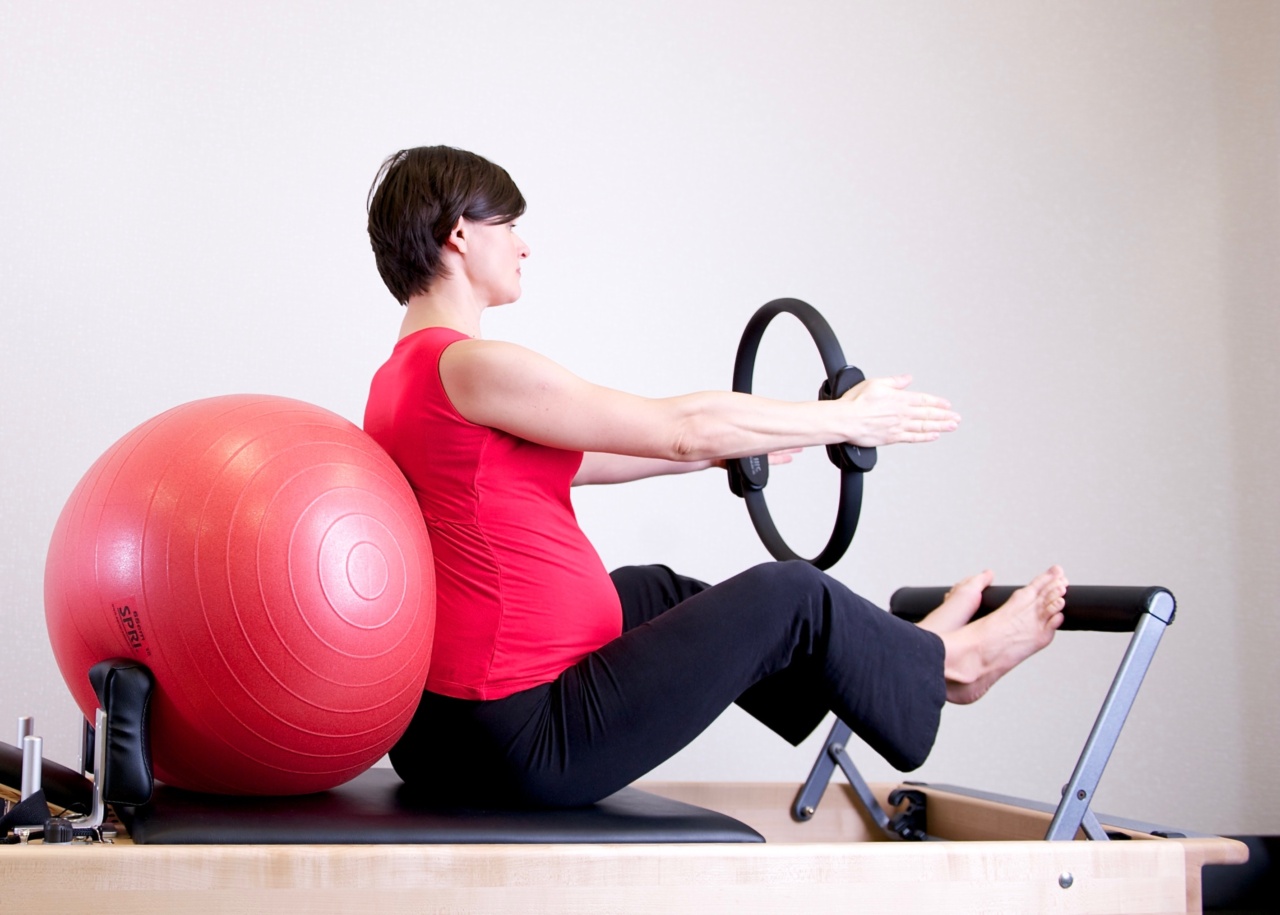Pregnancy is a wonderful experience for women. And it doesn’t have to mean giving up on fitness goals when you are also preparing for a marathon. In fact, exercising during pregnancy is beneficial for both the mother and the baby.
However, all your good work can be undone if you don’t follow correct dietary practices because if you’re not fueling your body with the right nutrients, your training and health can suffer.
Eating Enough Calories
Training for a marathon while pregnant can put additional demands on your body. You need to be aware of the numbers of calories you should be consuming each day.
It’s important to note that you may need to consume more calories than usual to support both you and your growing baby. This is particularly true in the later stages of pregnancy when your baby’s needs are greater. On average, pregnant women need an additional 300-500 calories per day.
Eating Nutrient-Dense Foods
Simply eating more calories isn’t enough. You need to ensure that you’re eating the right nutrients. When you’re pregnant, your body needs more of certain nutrients such as protein, iron, calcium and folic acid.
Protein is an essential nutrient for building and repairing tissues and muscles in your body. Iron helps to build your baby’s blood and prevent anemia, whereas calcium helps to build your baby’s bones and teeth. Folic acid is important for preventing serious birth defects.
It’s important that your daily intake includes a variety of nutrient-dense foods such as fresh fruits and vegetables, lean protein, whole grains and healthy fats.
Don’t forget to include foods that are rich in iron such as lean meat, leafy greens, beans and fortified cereals.
Hydrating Your Body
Staying hydrated is vital when engaged in intense exercise, and pregnancy is no exception. When you’re pregnant, you need to drink plenty of fluids to ensure your body remains hydrated.
As a rule of thumb, you should aim to drink at least eight cups of water per day. However, this amount may need to be increased when exercising and training for a marathon.
Avoiding Processed Foods
While it’s always good to have a treat now and again, you need to ensure that a large portion of your diet is made up of whole, fresh, nutrient-rich foods.
Processed foods, such as cookies, processed meats, and packaged snacks, are often high in sugar, salt, and unhealthy fats. These ingredients can take away from your marathon training efforts while also posing a risk to your baby’s health.
Taking Prenatal Vitamins
Taking a prenatal vitamin is essential when you’re pregnant. It’s not always easy to get all the nutrients you need from food alone, which is why a prenatal supplement is beneficial.
Prenatal vitamins are specifically designed to include all the vitamins and minerals necessary for a healthy pregnancy.
Eating Small and Frequent Meals
When you’re pregnant and training for a marathon, you may find it difficult to eat three large meals each day. Instead, it may be more helpful to eat small, frequent meals throughout the day.
This approach can help you to keep your blood sugar levels stable and ensure that you have the energy to get through your workouts.
Limiting Caffeine
While caffeine is okay in moderation during pregnancy, it’s important not to consume too much. Caffeine is a stimulant that passes through the placenta to your baby.
Consuming high amounts of caffeine can increase your risk of having a baby with a low birth weight.
Listening to Your Body
Listening to your body is the most important thing to keep in mind while training for a marathon when pregnant. If you’re feeling unwell, tired, or not up to working out, it’s best to take a break.
Always listen to your body’s signals, and adjust your workouts and eating accordingly.
Conclusion
Eating a healthy, balanced diet is important for anyone training for a marathon, but it’s even more critical when you’re pregnant.
By following these tips, you can ensure that your body is getting all the nutrients it needs, and you can stay energized and healthy while preparing for the big race.






























